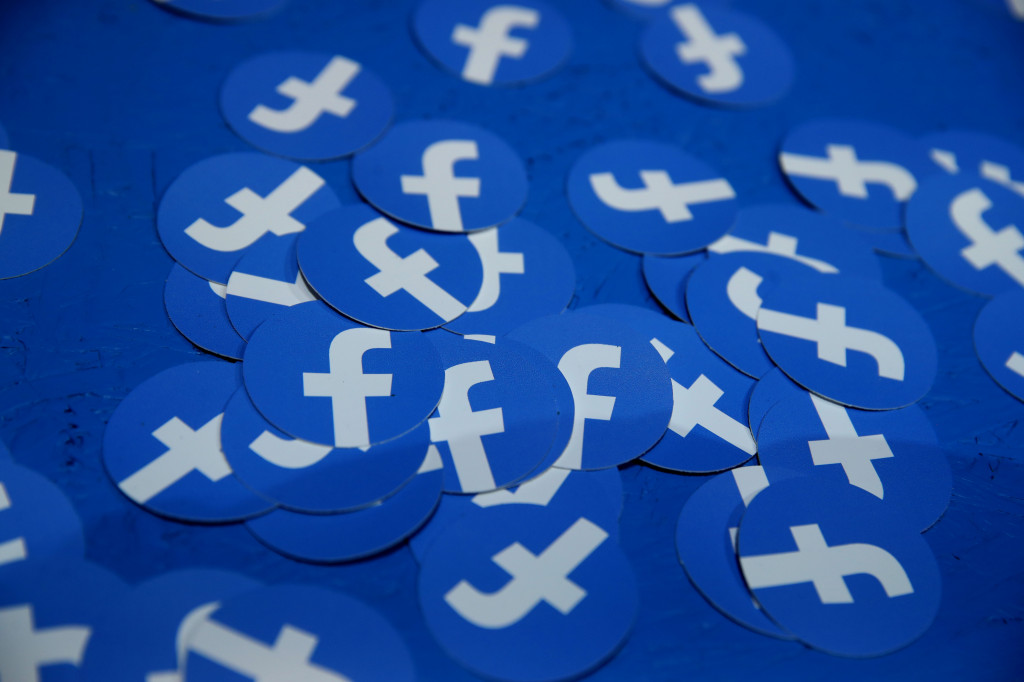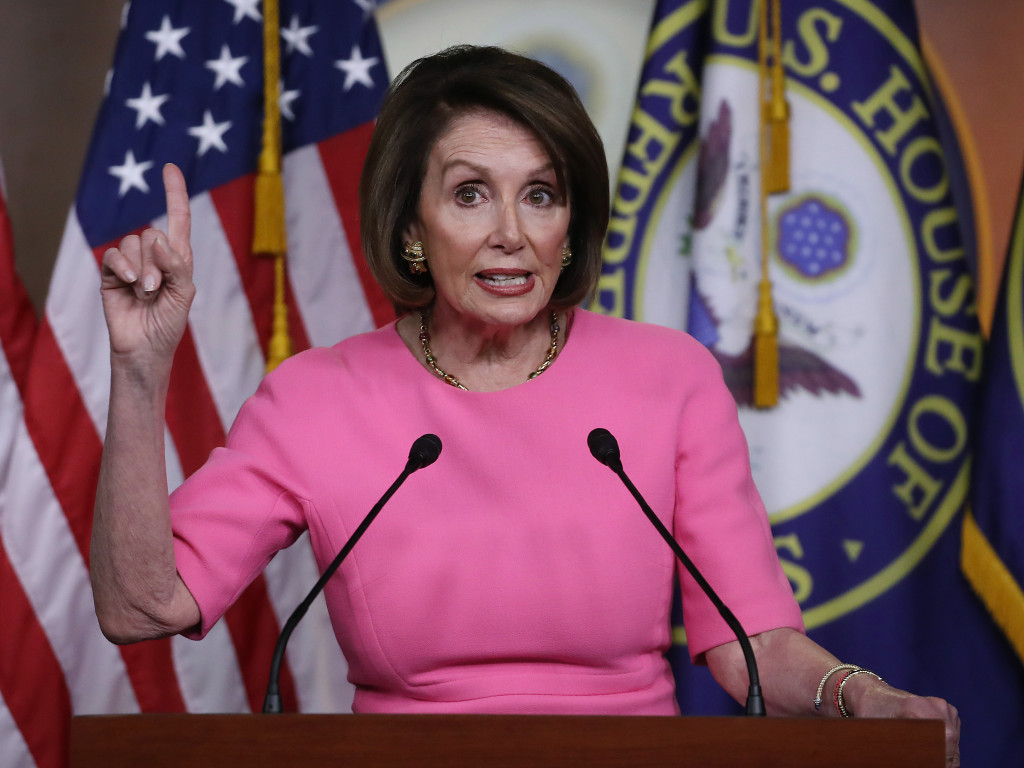Days after news of a $575 million settlement over the massive Equifax data breach, the FTC announced a $5 billion fine on Facebook.
But there’s a big difference. Facebook users get nothing directly from the multibillion-dollar fine over the company’s privacy practices because the $5 billion was a civil penalty.
“By law, this money goes to the U.S. Treasury, nothing else can be done with it,” said James Kohn, associate director of the FTC division of enforcement during Wednesday’s news conference announcing the Facebook settlement.
In the Equifax settlement, the credit bureau must pay at least $300 million to consumers who suffered losses or spent time and money to try to protect themselves from a hack that exposed their names, addresses, Social Security numbers and more. The Federal Trade Commission doesn’t expect all of the nearly 150 million people affected by the breach to apply, and said those who do could get up to $20,000 each.
The rest of the Equifax settlement goes to states that also settled their lawsuits, plus the Consumer Financial Protection Bureau, which stores what it collects in a pool to pay consumers when they can’t collect full compensation from companies.
But Facebook users whose personal information was accessed without their permission get “digital bupkis,” said Jeff Chester, executive director of Center for Digital Democracy.
He added: “The idea that we can equate a financial settlement to an individual consumer as justice and meaningful change is tricky and shaky. Wouldn’t it be better if we had rules?”
The Washington, D.C.-based group, like other advocacy groups, lawmakers and others, has called for federal privacy laws. Several groups repeated those calls on Wednesday, after the announcement of the FTC-Facebook settlement.
In other notable privacy settlements involving tech companies, Uber settled states’ lawsuit for $148 million last year over a hack that exposed the personal information of drivers and passengers, and a subsequent coverup. California’s $26 million share was split between the state attorney general’s office and the San Francisco district attorney’s office.
And in 2012, the FTC reached a settlement with Google over charges it placed tracking cookies in Apple’s Safari browser. That $22.5 million deal was a civil penalty, so that money went to the Treasury.










